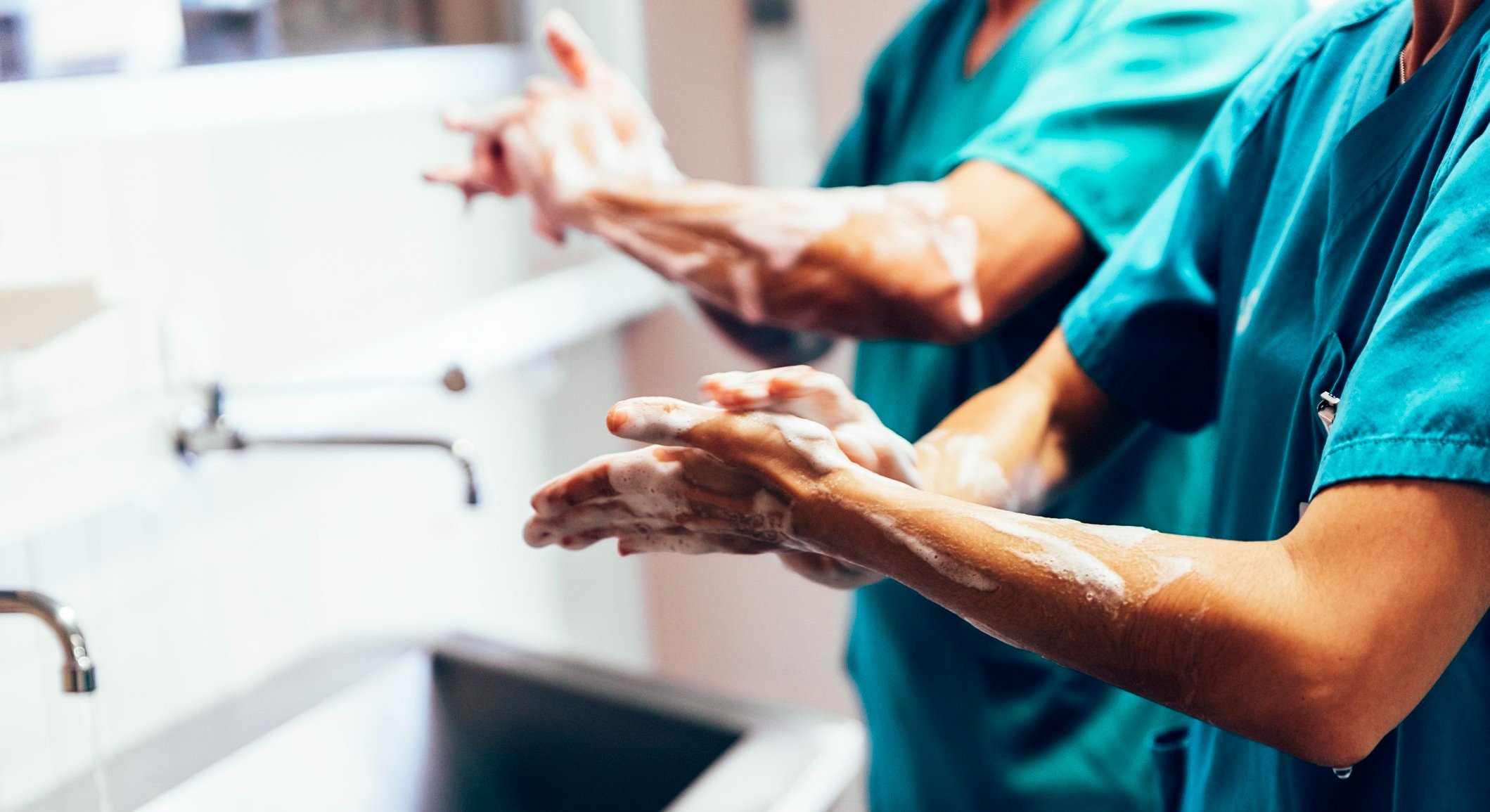By ICCS Founder Phenelle Segal, RN, CIC, FAPIC
An article recently published in the Journal of the American Medical Association (JAMA) highlights a study intended to assess the value of performing hand hygiene prior to donning non-sterile gloves when compared to donning such gloves without prior hand hygiene.
The Infection Control Consulting Services (ICCS) team visits many facilities in the ambulatory surgery setting, and the most frequent violation of proper practices concerns improper hand hygiene. This violation occurs most frequently prior to healthcare personnel donning gloves.
Performing hand hygiene before donning gloves is a practice that's expected, with the Centers for Disease Control and Prevention (CDC) providing specific guidance in the area. Its guidance includes the expectation that staff will perform hand hygiene immediately before touching a patient, performing an aseptic task (e.g., placing an indwelling device) or handling invasive medical devices.
CDC specifies the need for hand hygiene “before touching a patient.” Hence, the ICCS team expects to observe this practice before gloving. Donning gloves is an activity required prior to touching a patient, thus it should be preceded by use of hand sanitizer or handwashing to perform hand hygiene.
ICCS will continue to endorse hand hygiene prior to donning gloves until standards change. While this report is receiving significant media attention, it is important that providers of care do not make a change in their practice based upon the conclusion from a single study and article. We hope to see many additional studies on the subject so we can better determine whether standards should change.
ICCS services include observing practices and providing a written report of findings and suggestions for improvement. As noted, shortcomings with hand hygiene is the most common deficiency we observe in ambulatory settings. Ongoing hand hygiene education is required by the Centers for Medicare & Medicaid Services (CMS) as well as accreditation agencies. Our consultants are also able to assist with the development and provision of hand hygiene education that helps with patient safety and maintaining compliance.

